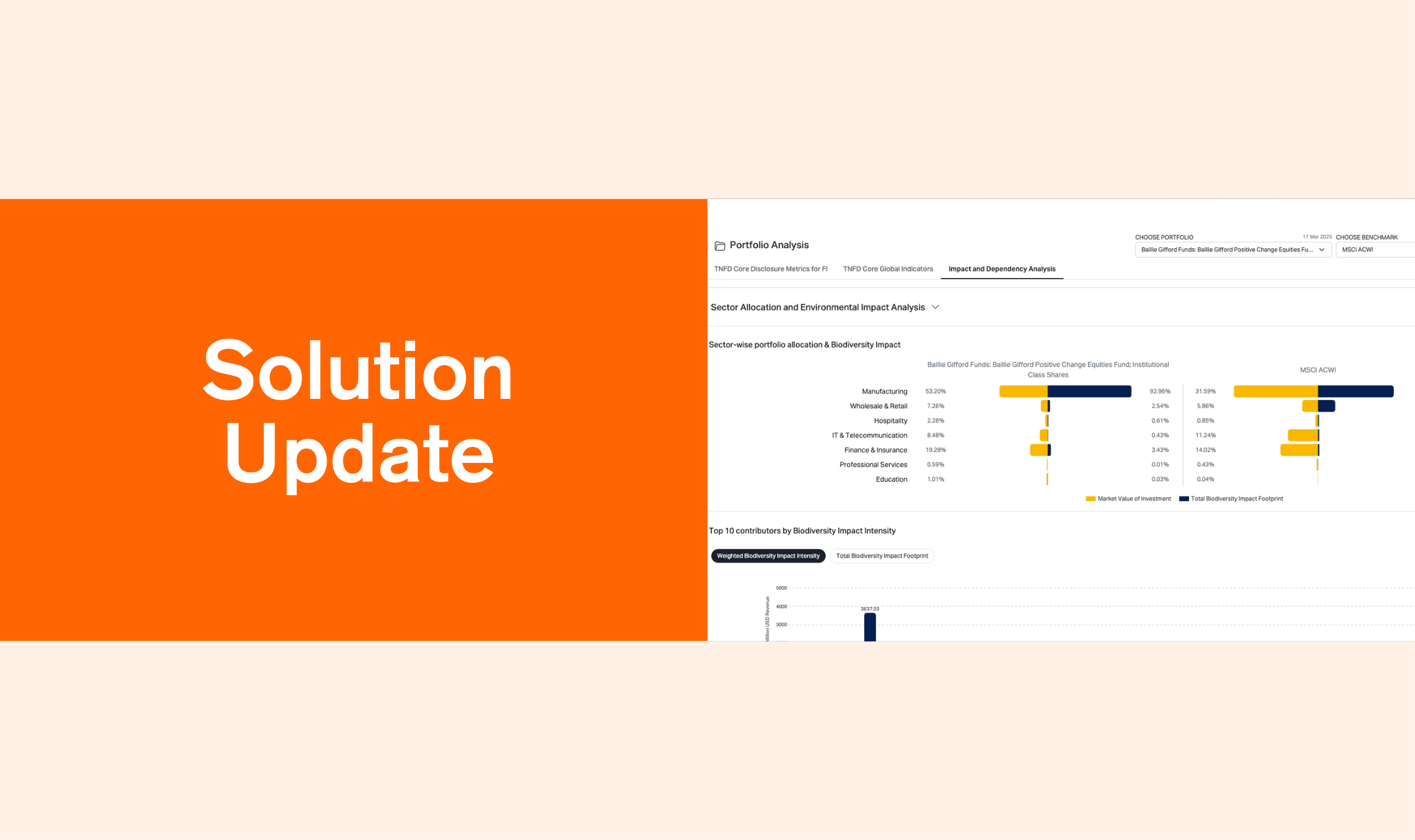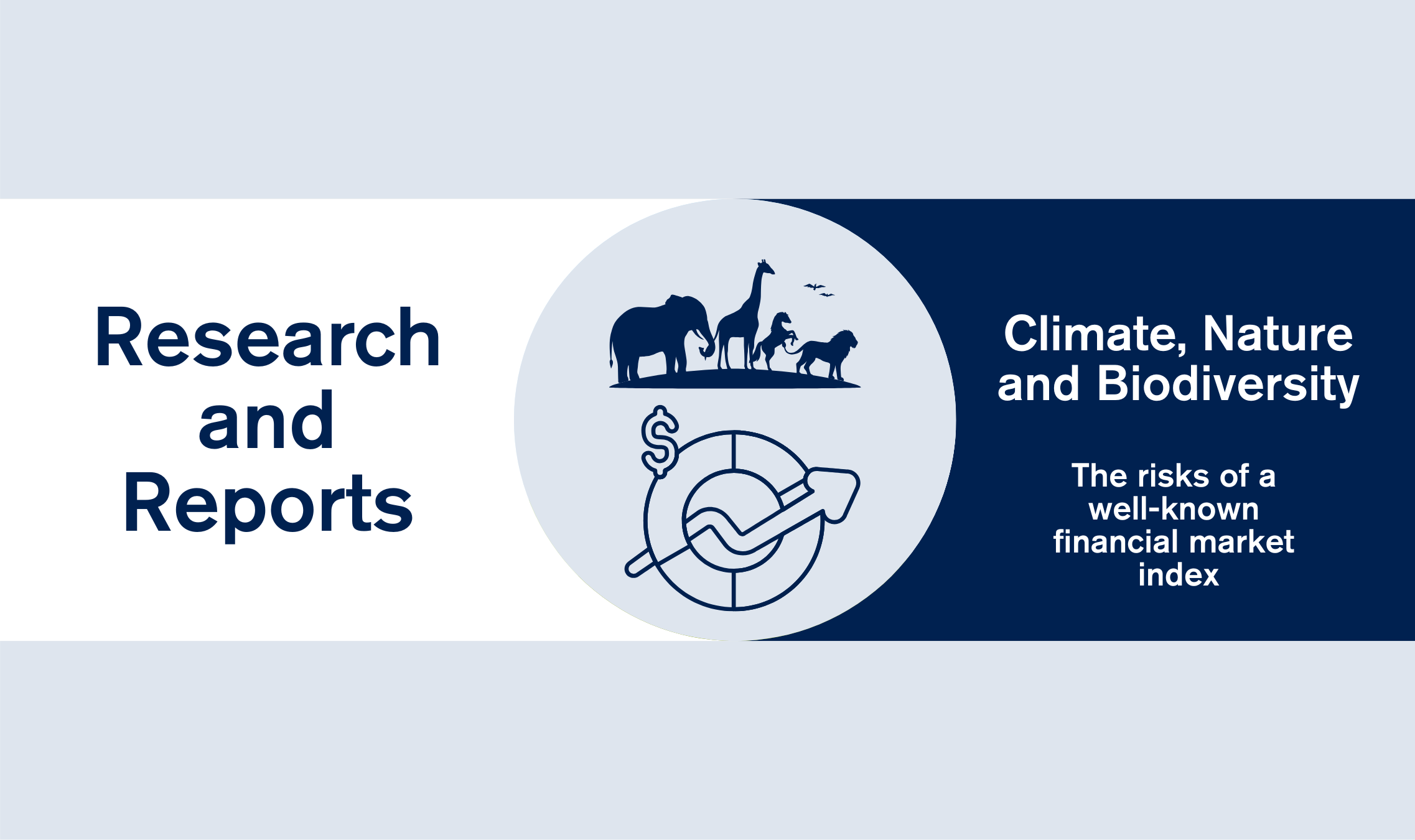ESG is increasingly important for Board Members. According to The Sustainability Board Report 2022[1], 80% of boards have an ESG committee, 27% of board members served on a relevant committee and 45% of those on such a committee were engaged[2]. What were the others doing?
It’s also increasingly apparent that boards and executives are navigating without the right data and insights. Boston Consulting Group reported that over 90% of companies do not measure their greenhouse gas (GHG) emissions accurately[3] and it is not just emissions data that is misrepresented. GIST Impact’s analysis of 56 mining companies worldwide revealed that only three accurately account for waste generation, which is a more significant cost to society than the industry’s GHG emissions.

As a result, boards may be overestimating the sustainable earnings of their companies.
Today’s externalities are tomorrow’s risks and the day after’s losses, and the likelihood of rising taxes, levies, offset costs and reparations is expected to hurt earnings in the coming years. The costs of offsetting GHG emissions may be the first to be realised, but charges for water usage, generating waste, and water, land and air pollution are all expected to rise. The impact of biodiversity loss as a result of a company’s activities is also increasingly in focus[4].

Boards need to know the monetary value of negative externalities and the likelihood and timing of when they will be realised. Box-ticking ESG data for regulatory reporting is not going to provide these answers and active leadership is required rather than simple compliance, as noted by the Nasdaq Centre for Board Excellence[5].
GIST Impact has identified five critical conversations using impact valuation data, which board members must have today, or else face being blindsided by regulatory change, litigation or shifts in customer behaviour tomorrow.
These conversations are:
- Measuring sustainability in money-terms against plans and peer benchmarks
- Setting long-term goals and making associated public commitments
- Taking sustainable earnings into consideration when allocating capital
- Considering possible business separations to ring-fence legacy assets[6] and access green finance
- Aligning executive pay with a company’s impact
At GIST Impact, we have the sustainability technology and toolkits to address these issues and many more. Contact us at information@18.134.187.137 or find out more at www.gistimpact.com.
[1] The Sustainability Board Report 2022
[2] Engaged is defined as having knowledge of issues or having the capacity to act on issues. Female board members were 22% more likely to be ESG-engaged than male counterparts.
[3] BCG GAMMA Survey
[4] The EU #NatureRestoration Law (europa.eu)
[5] Crafting the ‘G’ in ESG: Accountability in the Boardroom (corpgov.law.harvard.edu)
[6] Unused fossil fuels are referred to as stranded assets, but there are many more businesses with unsustainable earnings






